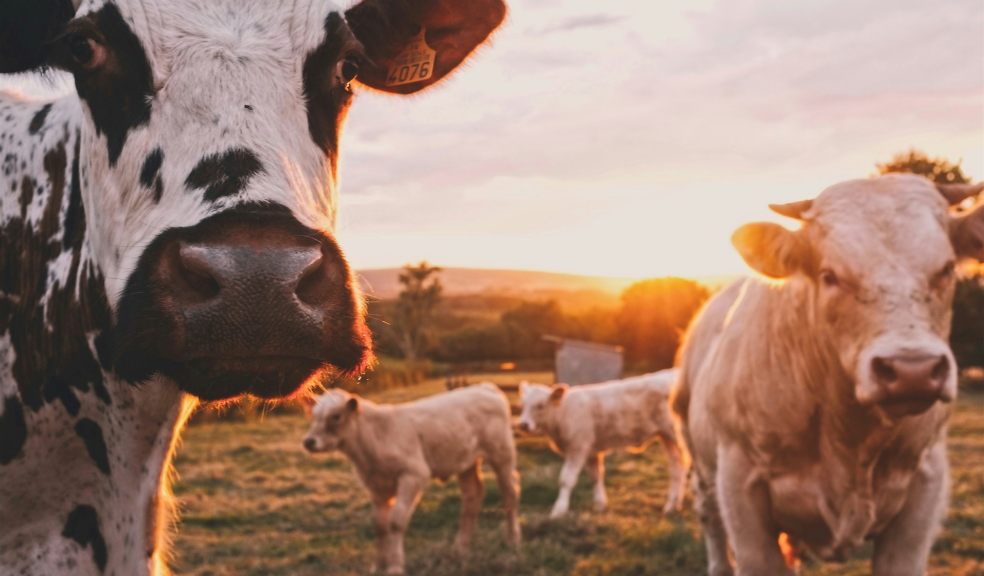
How Climate Change Impacts Livestock Farming Practices
Climate change is an ever-present threat in the 2020s, with its impacts bleeding into many industries worldwide, including livestock farming. Extreme weather, rising temperatures and changing weather patterns are making it harder than ever for livestock farmers to work efficiently. Thus, farmers must look to adapt their practices.
It’s essential to ensure that operations remain productive and the health of their animals is protected to avoid the stress that climate change can cause. However, before a farmer can adapt to the challenges climate change brings to livestock farming, they must fully understand what pressures are present. Here, we take a look at how climate change impacts livestock farming practices and offer some tips to help farmers cope.
Heat stress
The rising temperatures we have seen in the UK and worldwide pose a major threat to livestock farmers. After all, if an animal is heat stressed, this can reduce feed intake which decreases weight gain and can’t even compromise immunity. There are various strategies that farmers can implement to counteract this, however. Providing shade and cooling systems in pastures and barns can be useful. Farmers can also adjust the feeding schedule to cooler times of the day. To take it further, farmers could even consider caring for breeds more tolerant of rising temperatures.
Water issues
Increased evaporation rates and changes in rain patterns often lead to water shortages in the UK. In farming, several water-efficient practices can be undertaken to manage water better. Farming drought-resistant forage crops, optimising irrigation and even some basic rainwater harvesting can all help. It is also possible to use technology to monitor water resources, which can improve strategic planning.
Quality and availability of feed
Climate change can also affect the quality and availability of livestock feed. Lack of rain can reduce a pasture's productivity and extreme weather can damage crops, leading to a scarcity of quality food. However, farmers can take steps to counteract this, such as diversifying feed sources and looking into rotational grazing systems to help provide a wealth of quality, healthy feed for their animals.
Disease prevention
Humidity can breed diseases and parasites, and with rising temperatures in the UK, it’s becoming another profound problem to counteract. Preventative healthcare is key in this area, and farmers who work closely with Vets to monitor and manage the heat can help prevent potential outbreaks. Additionally, implementing stricter biosecurity measures and providing hygienic bedding can help. This can ensure that the environment an animal lives in does not cause undue risks of disease.
Extreme weather
Extreme weather events can cause havoc with a livestock farmer's stock. The extreme flooding some parts of the UK have seen in recent months has taken its toll on food availability. Plus, it has even led to the deaths of some animals due to lack of protection.
Putting in place preventative emergency plans, investing in resilient structures to keep animals safe, and monitoring weather conditions can help minimise losses should such an event occur.
What farmers can do about climate change
It is not only the wider community that contributes to climate change. Farmers should also farm as sustainably as they can to reduce their carbon footprint and their contribution to climate change. Methods such as sustainable waste management, silvopasture initiatives, and carbon sequestration can all help to ensure a farm is operating as sustainably as possible. Not only this but using energy-efficient equipment and renewable energy sources can further ensure a farmer is not unduly impacting the environment.
Simply put, adaptation and flexibility in farming are key to ensuring that livestock farmers are not unduly affected by climate change.













